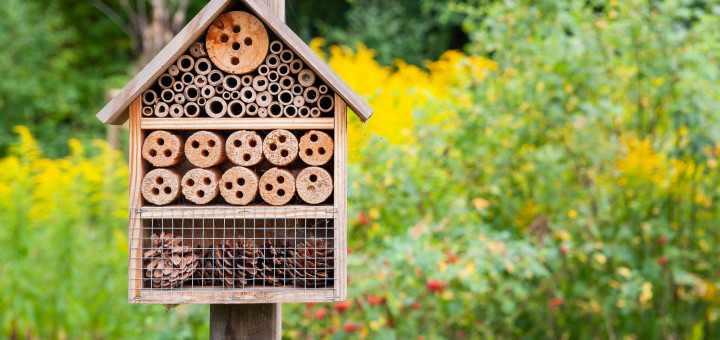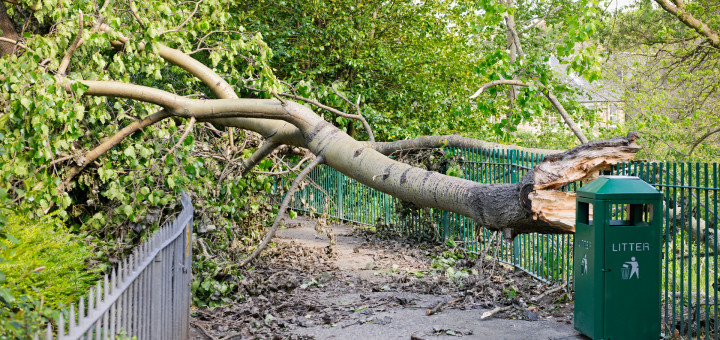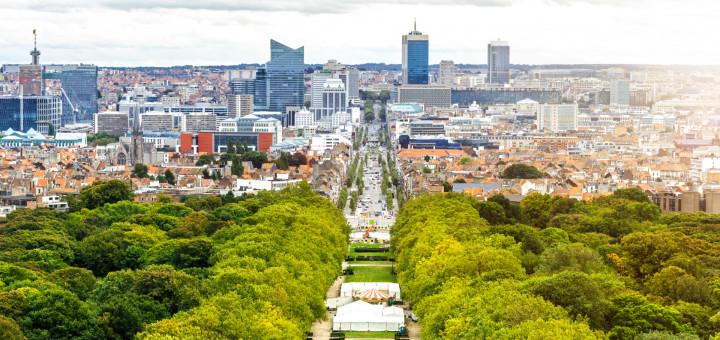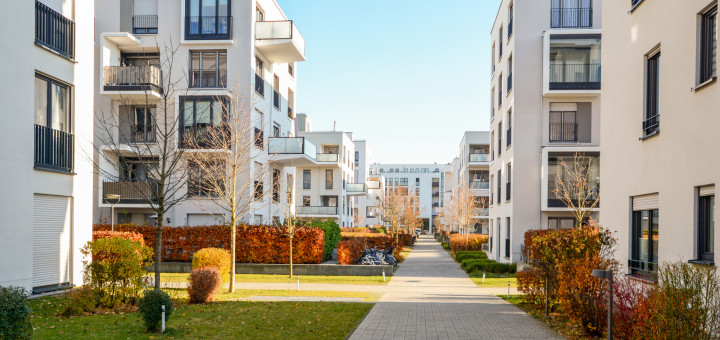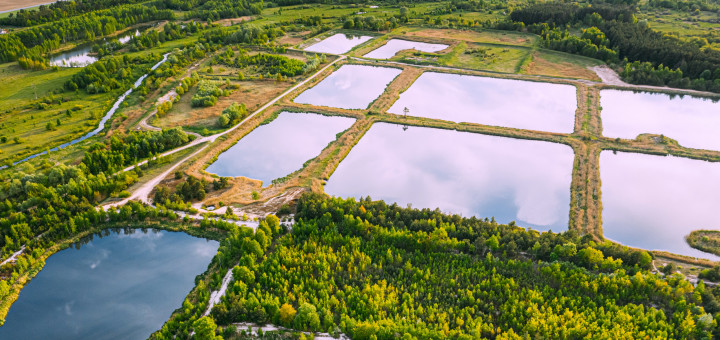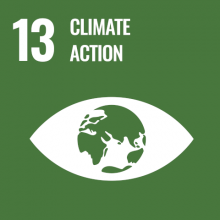
Biodiversity
Biodiversity encompasses a large range of nature and ecosystem measures. Urban biodiversity concept stretches through green urban areas and urban farming, to forests and wetlands in the city. Protection and support of urban biodiversity and increased ecosystem services enable nature positive future.
A healthy ecosystem filters the air and water, helps keep the climate in balance, converts waste back into resources, pollinates and fertilises crops. Biodiversity loss and the climate crisis are interdependent. Restoring forests, soils and wetlands and creating green spaces in cities is essential for climate change mitigation. Protecting and restoring biodiversity and well-functioning ecosystems in urban areas is key to boost cities’ resilience. Cities are encouraged to develop urban greening plans, incl. measures to create biodiverse and accessible urban forests, parks and gardens; urban farms; green roofs and walls; tree-lined streets; urban meadows; and urban hedges as well as helping to improve connections between green spaces.
The need to communicate the importance of biodiversity, climate and resilience is emerging, and a holistic approach including urban planning and all urban activities, respecting biodiversity is needed. UBC is taking global, European, and regional goals and frameworks into account, when facilitating the cooperation, exchange, and capacity development of member cities in biodiversity and climate related activities. Biodiversity is one of the core topics followed through the Green City Accord movement, which encourages the acceleration of implementing relevant EU environmental laws. UBC has a supporter status in the Green City Accord and encourages its member cities to join the initiative. One of five core topics for the UBC Sustainability Action Programme 2030 is developing biodiverse cities.
